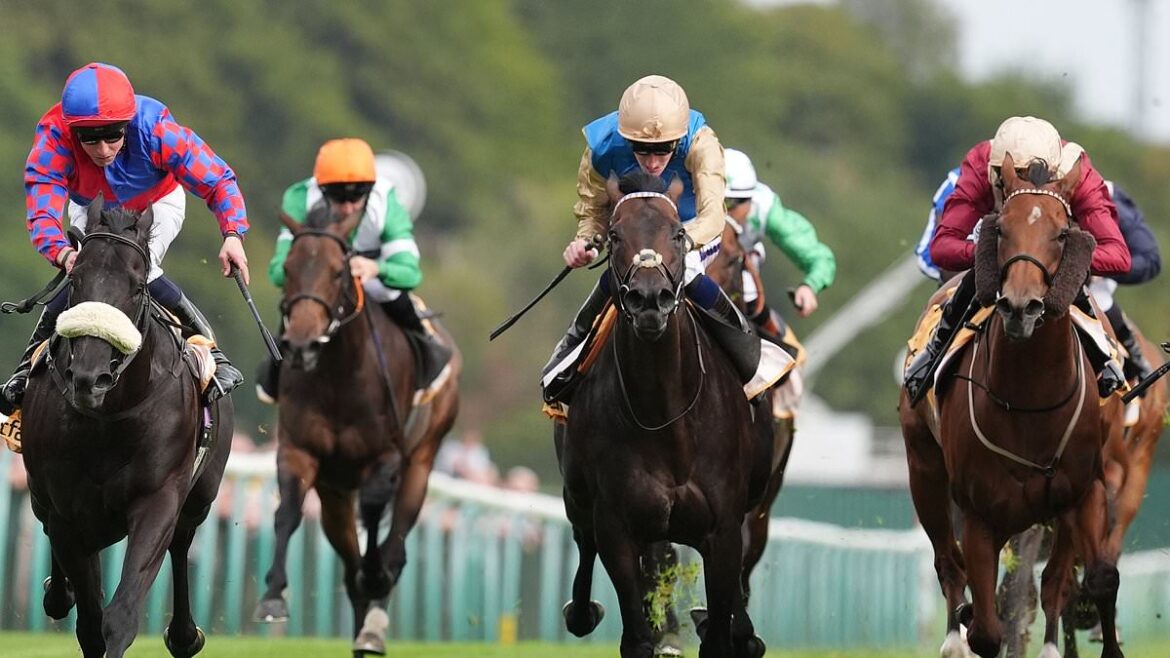The world of British horse racing is facing an unprecedented challenge this week.
For the first time in its history, the sport is staging a voluntary blackout, as trainers, racecourse owners, and officials rally to highlight what they see as a potential catastrophe that could threaten the very future of racing.
Westminster Becomes the Rallying Ground
Representatives from the British Horseracing Authority (BHA), The Jockey Club, Arena Racing Company (ARC), and the National Trainers Federation are heading to Westminster to campaign against what they call a looming threat: a rise in the racing tax.
The Treasury is currently considering whether to increase the duty on online betting—from its current 15%—when the Budget is unveiled this November.
With the betting industry contributing around £350 million to racing each year, the stakes could not be higher.
While online casinos and slot machines are taxed at 21%, any increase in racing-related betting duties could trigger a ripple effect of chaos across the industry.
Less revenue would mean fewer races, fewer opportunities for horse ownership, and potentially widespread job losses for trainers and staff.
Race Fixtures Disrupted as Industry Pushes Back
The blackout has already had an immediate impact, with race fixtures at Uttoxeter, Lingfield, Kempton, and Carlisle either cancelled or rescheduled.
There’s a clear determination across the sport to make a stand against underfunding, even if it means short-term disruption.
Over the past month, Daily Mail Sport has highlighted the growing unease in racing circles.
Six-time Champion Trainer John Gosden warned that tax hikes would “kill communities,” while Newmarket-based John Berry described the scenario as racing’s “Doomsday.”
These warnings reflect deep-seated concerns that cut across the sport, from its historic headquarters in Newmarket to iconic venues like Epsom, home of the Derby and the Oaks.
Epsom Trainers Voice Their Concerns
Jim Boyle, a leading trainer in Epsom for 20 years, has built a reputation for improving honest horses while prioritizing their well-being.
He is now deeply worried about the potential fallout from tax increases.
“The situation is not isolated to one training centre—it affects us all,” Boyle said.
“We would have had runners this Wednesday, but we fully support the action. The underfunding of our sport has been a long battle.
If the funding model degrades any further, it could be completely catastrophic.
This industry is already stretched tight—any more pressure and it will snap.”
Boyle explained the personal commitment of those in the industry: “We are all here because we love the sport.
You could earn more money elsewhere, work more sociable hours, but nothing compares to training winners—it’s like a legal high.
Owners are the custodians of the sport, investing heavily but rarely seeing large returns.
If we lose owners or horses, we lose the business model altogether.”
Leadership Calls for Unity Amid Uncertainty
Lord Charles Allen, the newly appointed Chair of the BHA, has echoed these concerns, urging the industry to come together and protect its future.
He also pointed out the tricky relationship with bookmakers, who have been more reserved in their statements.
“We are Britain’s second-largest spectator sport, supporting 85,000 jobs and delivering over £4 billion of economic value annually,” Allen said.
“Yet all of this is now at risk from changes that could devastate our funding model and the livelihoods that depend on it.
I say directly to Government and politicians of all parties: this is not a marginal issue.
It is about protecting communities across Britain and preventing thousands of people from losing their jobs.
British Racing has a unique value—please recognise it.”
The Road Ahead Remains Uncertain
As the voluntary blackout unfolds, the industry’s message is clear: racing is at a crossroads.
Trainers, owners, and officials alike are hoping that their combined voices will influence policymakers, preserve the sport’s funding, and safeguard the thousands of jobs and traditions that depend on it.
For now, the sport waits, united in its campaign and anxious about what the next Budget could mean for racing in Britain.
